When it came to ranking writers, the Texas novelist Larry McMurtry wielded the word “minor” like an edged weapon. He used it to fix them in their place, recognizing that they had done something, were pretty good or better, were in the race—but didn’t make the cut. Late in life he told a book dealer that he had a hard time naming any recent writer he judged really “major.”
“Mailer and Roth and Bellow,” he said, “I think all those guys are minor.”
Mailer, Roth, and Bellow—all minor? It kind of takes the breath away. But McMurtry was serious about literature. A semester spent prowling the stacks in the Fondren Library at Rice University in 1954 taught him to know a great book when he read one. He didn’t just frequent the library; he often spent the night there, sleeping on a couch. The son of a rancher whose father was also a rancher, he had grown up in “a bookless town, in a bookless part of the state,” surrounded by ranchers. He said his father “might admire a fine saddle” but cared nothing for books; if he read, it was The Cattleman, the monthly trade magazine for ranchers. His mother was the same. McMurtry remembered no books in the house, not even a Bible.
But the bookless world opened a crack in 1941 when a cousin, on his way to join the military at the outset of World War II, stopped by the McMurtry ranch and left a box of books for six-year-old Larry. The nineteen books in the box ignited the passions that ruled the remainder of his life, first for reading, then for writing, and finally for finding, buying, and selling rare books.
Larry Jeff McMurtry, who died at the age of eighty-four in 2021, is a unique figure in American literary history, famous in three overlapping fields: as a writer of thirty-one novels, including Lonesome Dove (1985), which sold almost 300,000 copies in hardcover and won a Pulitzer Prize; as a writer of about fifty screenplays, including for Brokeback Mountain (2005), for which he shared an Oscar with his writing partner, Diana Ossana; and as a rare book dealer with ultimately a stock of close to half a million titles.
It’s not unusual for books to pile up in the homes of serious readers and writers, but McMurtry’s book hunger was in a class by itself. Screenwriting gave him the money to buy what he liked, not just a few choice books at a time but the entire contents of thirty or more used and rare bookstores going out of business in the 1970s and 1980s. And he was disciplined in purging his stock of junk—the ordinary, so-so books that clog the shelves of most bookstores like plaque in coronary arteries. Don’t take it from me. Ask anybody who browsed the eight or nine miles of shelving in the four large buildings McMurtry owned in Archer City, Texas, the bookless country town where he had gone to grade school and high school. No junk. Everything on his shelves was interesting.
People with a lot of books are often asked if they have read them all. McMurtry’s honest answer was always no, but he generally added that he had looked into all of them, read a lot of them, and reached an opinion on what they amounted to. The ones he admired most he kept in his personal library at home. At the end of his life it had more than 30,000 books, and he sometimes said that choosing and acquiring all those books was the most significant thing he had ever done, more important even than his writing.
More important? Had McMurtry decided that he was minor?
It’s not an idle question. When McMurtry died, just about every obituary made prominent mention, often in the first paragraph, of a sweatshirt he wore in the late 1960s and early 1970s that said MINOR REGIONAL NOVELIST. The Texas writer Karen Olsson, one of McMurtry’s numerous friends, once posted on the former Twitter a photo of young Larry wearing that sweatshirt when he was already widely known for his first three novels, two of which were made into movies that won Oscars, Hud and The Last Picture Show. In Olsson’s photo the young McMurtry looks mischievous, but late in life he more often looked exhausted and resigned.
“I was a minor regional novelist from Texas,” he told Skip Hollandsworth, a writer for Texas Monthly, in 2016. “That’s all I was.”
He probably sounded like he meant it, but I don’t trust it. It’s true that McMurtry’s writing days were over; he suffered recurrent bouts of late-life depression, his physical health was deteriorating, and he had read enough, and lived long enough, to know the world forgets and moves on.
But McMurtry was sophisticated about his own work and judged it soberly. The early books were ten in number. The one he thought best was All My Friends Are Going to Be Strangers (1972), but I think pride of place belongs to Moving On (1970), a convincing portrait of the deepening silence between men and women left by the long collapse of Texas ranching culture. Moving On is long, and it’s better than pretty good, but it can’t be called big. The one book that McMurtry and his critics and his most serious readers all thought might be judged major in fifty or a hundred years was Lonesome Dove, an irresistible saga of two retired Texas Rangers and half a dozen cowboys trailing a herd of cattle from the Rio Grande in Texas to Montana in the summer of 1876. Lonesome Dove was big in the literal sense—858 pages—and it was a critical and commercial success to a degree hard to ignore.
All of McMurtry’s novels are packed with incident; characters suffer and are in peril, but the end of the story, happy or not, is never the point. In Lonesome Dove the retired Texas Rangers—Gus McCrae and Woodrow Call—chafe but are bound to each other. Gus is lazy and talkative but focused in sticky situations, in a Texas way. Woodrow sleeps alone, rides a half-wild horse called the Hell Bitch, is a slave to duty, and is always ready for trouble, in a Texas way. How Gus and Call look at life and the world, and what holds them together, is the point of the book. Something hard to name lingers with the reader—the kind of thing we sense when we say a book is about something, or means something.
An important early supporter of McMurtry was Michael Korda, the British-born writer and editor who took him on at Simon and Schuster in 1968 when he was seeking a publisher for his fourth novel, Moving On—his second longest at 794 pages. Korda expected this contemporary tale of Texas in the 1960s to be a big commercial success. He loved the social range of the book, which included grad students in English lit, rodeo professionals, an aging cowboy living alone at the end of a country road who doesn’t understand the world anymore, and a young wife constantly bursting into tears. But Moving On didn’t sell, and neither did the next five McMurtry novels that Korda pressed Simon and Schuster to publish, always predicting a breakthrough best seller.
Like Moving On, these novels were mainly about the lives of modern, striving, urban Texans in oil-rich Texas cities, not the world of cattle ranchers like McMurtry’s father and grandfather, who had settled in Archer County around 1886 on a stretch of not-quite-flat pasture grass that by local standards was considered a hill. Water for the McMurtry ranch was provided by a “fine seeping spring” (McMurtry’s phrase, often repeated) about a hundred yards from the house where Grandfather McMurtry’s twelve children all grew up—nine boys and three girls. Family memory went a long way back. Larry’s Uncle Johnny often talked about the day in 1896 when he climbed onto the barn roof and watched the dust rise as one of the last of the big cattle herds trailed north, heading for a Nebraska railhead. Other uncles described cattle and horses drowning in the Red River and told Billy the Kid stories they had heard while ranching in the Panhandle when young. Jeff Dobbs, an uncle by marriage, had seen two of the great Indian war leaders, the Apache Geronimo and the Comanche Quanah Parker, during their years of captivity at Fort Sill in Oklahoma.
In the McMurtry household the half-mythic past was also an ever-fresh, fine seeping spring. In Walter Benjamin at the Dairy Queen (1999), one of his late-life memoirs, he wrote that he was “one of the few writers who can still claim to have had prolonged and intimate contact with first-generation American pioneers.”
But what McMurtry knew best was the harsh after-story of the pioneer days etched in the life of his father, William Jefferson McMurtry Jr., the youngest of the nine boys. Known as Jeff Mac, he took over the ranch after his brothers moved on and was in debt to the local bank for the next fifty-five years. “Cheap bank credit,” McMurtry wrote in Books (2008), another of his five memoirs, “was all that saved him as a rancher.” The ranch itself, four sections of mainly short-grass prairie, was too small to provide a decent living and soon, like other marginal ranches, passed into the hands of “oilmen, lawyers, [and] insurance men” with money enough to carry a big mortgage. Totting up the profit and loss of all his work, Jeff Mac “counted himself lucky that he had owned a few good horses in his life.” When his father was close to the end Larry stopped by the ranch on his way to a movie shoot and found him struggling to get a rope on a cow stuck in a ditch so he could pull her free. It was quite a struggle.
“He was butted in the head, nearly tore off his ear, and he got hooked in the leg,” McMurtry told his friend Larry L. King.
Took him half an hour, but he finally got that old cow out of there. Then he made it back to the house, poured blood out of his boot—and passed out looking happier than I’ve seen him in thirty years.
There were few happy moments in the McMurtry household. Jeff Mac had married Hazel McIvers in 1934. Twenty years later, as Larry was about to leave for college, his mother told him she had been married once before. Her first husband (in Larry’s words) “had philandered on rather a grand scale,” and they divorced. To Larry she never spoke of the marriage again. Hazel and Jeff Mac were never really at ease together—too different. “Life turned out from under them,” Larry wrote in Paradise (2001), another of his memoirs, “like a fine cutting horse from under an inexperienced rider.”
McMurtry’s first novel, Horseman, Pass By (1961), tells a version of his father’s story, and his third, The Last Picture Show (1966), draws a bitter portrait of the world Larry knew in high school in the 1950s—tough times for the locals, oil money for lucky wildcatters, oldtimers selling out, and kids in a hurry to move on. It’s a familiar American story of struggle and loss, but in Texas the psychic fall was from a greater height—the drama of the hundred years it took men on horses to seize the immense but dry and difficult land from warlike native peoples. By 1900, the year Jeff Mac was born, the brave cowboy had taken center stage in the American myth while the grandchildren of the pioneers—Larry and his buddies and their girlfriends—watched the world their fathers made pass into the hands of people with money.
McMurtry thought this was a great subject—the heroic age and the crash to earth that followed—but he wasn’t sure which end to tackle first. In eight novels and a book of essays, all published before he was fifty, he mainly skirted the pioneer days of his father and grandfather. In his view “the American West”—by which he meant the ninety years between the Lewis and Clark expedition and “the closing of the frontier” cited in 1893 by the historian Frederick Jackson Turner—“has so far produced depressingly little in the way of literature…[perhaps] a hundred or so good books, a dozen or so very good books; but…not, as yet…a great book.”
Over the course of a long career McMurtry put a lot of American writers in their place. Nelson Algren was “valuable if flawed…a lesser Dreiser”; Frederick Manfred’s two best novels, Lord Grizzly and Riders of Judgment, were “pretty good”; Cormac McCarthy he “couldn’t read.” McMurtry’s judgments were harsh but reasonable. He ranked Faulkner as high as American writers get and of the rest in recent memory said, “I think Flannery O’Connor has the clearest claim to be more than minor. She was a great writer.” “Flannery O’Connor,” he wrote,
kept an eye on Faulkner…remarking once that no one would want their old hack parked on the tracks when the Dixie Limited came whistling through. Faulkner was the Homer, the epic singer, O’Connor the silver poet, smaller but still very fine.
But it was the literature of the American West, and specifically the literature of Texas, that was always foremost in McMurtry’s mind. In an essay published in The Texas Observer in 1981 he practically pistol-whipped “the Holy Oldtimers” of Texas literature, figures solemnly revered on home ground: J. Frank Dobie, Roy Bedichek, and Walter Prescott Webb. Dobie’s twenty-plus books McMurtry dismissed as “endlessly repetitious, thematically empty, structureless, and carelessly written.” He praised Bedichek, the author of Adventures with a Texas Naturalist, for “an excellent, flexible prose style” but judged him “minor”—writing good but subjects small. Webb the historian wrote “two important books” (big, solid) but never a “masterpiece,” the genuinely great, major work that McMurtry believed was every writer’s true goal, admitted or not.
McMurtry’s 1981 essay, subtitled “Reflections on the Failure of Texas Literature,” did not end with the Holy Oldtimers but continued on to deliver crisp judgments on a comprehensive list of Texas writers. Some got closer to major than others, but all fell short. “There is no point in belaboring the obvious,” he wrote. “Until Texas writers are willing to work harder, inform themselves more broadly, and stop looking only backward, we won’t have a literature of any interest.”
This was not the first time McMurtry had warned writers to quit looking backward. That had been the heart of his message in an early collection of essays on Texas, In a Narrow Grave (1968), and it fairly described the five modern-day novels he published over the next fifteen years. The five all had life, got noticed, got reviewed, but one after the other they failed to sell many copies or to make a deep impression. These misfires baffled Korda, who kept arguing that Larry’s next novel, or the one after that, was going to be “the Moby-Dick of the Plains”—the big book he was certain Larry had in him. But then, like an experienced rider on a fine cutting horse, McMurtry turned on a dime, abandoned the world of confused moderns in oil-rich urban Texas, looked backward, and wrote Lonesome Dove.
Lonesome Dove is unlike other really good, maybe great novels of the last fifty years. McMurtry is interested in his characters—not much in the great world that surrounds them, and not at all in the moral and political issues of their day or ours. Looking backward brought him to the decades that fixed Texas in the American imagination, roughly from the Civil War to the summer his Uncle Johnny watched one of the last great cattle herds pass through Archer County in 1896. The reader is halfway through Lonesome Dove before knowing, if he cares to know, in just what year Gus McCrae and Woodrow Call set out for Montana. McMurtry scatters hints, then casually puts a finger on it. The outfit has been on the trail for six to eight weeks. Lorena Wood, the whore Gus is in love with, has been captured by Blue Duck, a rogue Comanche who is perhaps the cruelest character in the history of serious American fiction. Gus takes off to rescue her, succeeds, then runs into a chill rain on the open plains on the long ride back to rejoin the others. He heads for the only shelter around: the ruins of an abandoned fort known as Adobe Walls, the site of a big Indian fight, he tells Lorena, that “wasn’t two years ago.”
That places the abandoned fort forty-some miles northwest of Pampa in the Texas Panhandle. The fight took place on June 27, 1874, so Gus and Lorena are seeking shelter in the weeks before the Battle of the Little Bighorn on June 25, 1876. The summer of 1876 was the last ten minutes of “the American West” that McMurtry grew up hearing about from his father and grandfather. By midsummer 1877 the Sioux and the Cheyenne and the rest of the Plains Indians were on reservations, the buffalo hunters were starting to kill off the last of the great herds north of the Yellowstone, and the closing of the frontier was underway.
That’s what McMurtry gives us by way of place and background. In the foreground is the Hat Creek outfit—the crew who work for Gus and Call in South Texas, with a few others picked up along the way—among them one black man, Deets, the best tracker, who struggles to remember the name his mother gave him; Jake Spoon, who promises to take Lorena to San Francisco but then rides off to San Antonio to play cards; Pea Eye, who begins to feel “uncomfortable” whenever he sees a woman; Gus’s long-ago girlfriend, Clara Allen, now married to a horse dealer in Nebraska; Soupy Jones, the outfit’s best man with a horse, who dismounts only to eat or sleep; Dish Boggett, head over heels for Lorena and hoping she will notice; and Po Campo, the cook and fortune teller, who prefers to walk and tells Gus, “No more wives for you.”
It’s not just people who make the trek. Two blue pigs, introduced on the first page, make most of the journey, but not quite all. Two bulls are rivals to be lead bull. The younger is known as the Texas bull, and he pushes past his rival, Old Dog, at the start of every day, but Old Dog refuses to accept defeat. Back and forth it goes, day after day. And there is the Hell Bitch, Call’s favorite horse. Call doesn’t care for names, rarely uses them, doesn’t care if anyone calls him by name or not. Pea Eye named Call’s mare the Hell Bitch the first time she bit him. She is all trouble—as dangerous as a river in flood, a wounded grizzly hiding in the brush, a snake under a log. Asked why he puts up with a horse as likely to throw a man and kill him as get him home safe, Call answers, “Because I like to be horseback when I’m horseback.”
The trail drive that provides the narrative spine of Lonesome Dove, like the pilgrimage in The Canterbury Tales, is a vehicle for revealing the history of the characters. What matters is what they are like and how they feel about and deal with one another. The outfit is all men with one woman, Lorena, brought along and then abandoned by Jake Spoon. At least three of the men are desperately in love with her. Other women pass through the story, and all of them, except for Clara Allen, are whores like Lorena. “Whore” is the word McMurtry insists on. It’s just a fact like any other, like being a schoolteacher or the wife of a horse dealer. The cowboys all fall in and out of love with whores, clumsily for the most part, and are nervous and uncertain around respectable women in towns. McMurtry is meticulous in describing the many stages and nuances of the awkwardness they feel about women. In an essay he once admitted “doubt that I have ever known a cowboy who liked women as well as he liked horses.”
Of the psychology of the whores McMurtry also has much to say, especially about Maggie, who has been dead for a dozen years. One of the important men in her life was Jake Spoon, also a Texas Ranger along with Gus and Call during the early years. A number of characters think Jake is the father of her son, Newton, Newt for short, a cowboy in his teens. “It was Newt’s great ambition,” McMurtry tells us, “to go up the trail with a herd of cattle.”
Newt is the third man in the outfit to have fallen hard for Lorena. He hopes to open a conversation but can’t decide “on the best thing to say.”
Maggie died before Newt was ten. There was no father to take responsibility for the boy, so Gus arranged for Newt to live with him and Call and the rest of the outfit. As he grew up Newt speculated who his father was. Locals thought it likely he was a man named Dobbs, a customer of Maggie’s whom nobody remembered very well. Even Gus, who rarely hesitates to ask anybody anything, had nothing to tell Newt, growing up, about Dobbs: “‘He went west when he shouldn’t have,’ was his only comment on the man.” What Call thought, Newt did not know. He was afraid to ask. He had a feeling “the Captain held something against him.”
It wasn’t just Dobbs and Jake Spoon who had paid Maggie for her time in her room upstairs above the saloon. Gus was one of the first, and then, after hearing Gus and the others talk about her, even Call went up the back stairs after dark a time or two. “It turned out not to be much, in his view,” McMurtry tells us, “a brief, awkward experience, where the pleasure was soon drowned in embarrassment and a feeling of sadness.”
Still, Call went back. It made him feel vaguely shameful, as if the money wasn’t enough. “But when [Maggie] talked, her face would relax for a while,” McMurtry tells us. “She would clasp his hand while she talked—one night she buttoned his shirt.” But then, when he got up to go, she tensed, trying to ask a question.
“What is it?” he asked.
“Can’t you just say my name?… Can’t you just say it once?”
Call didn’t understand what she wanted, or why. It left him unsettled. “He never went to see Maggie again, though once in a while he might see her on the street.” Call didn’t like to worry over confusing memories, but even years later “the thought of Maggie would sting his mind as sweat stings a cut.”
Gus, of course, never lets anything alone. He needles Call about Maggie, says he knows, just as everybody knows, that Call is Newt’s father. “Anybody with a good eye can see it. Besides, Maggie told me.”
Call’s refusal to recognize Newt as his son, and Newt’s confusion, like everything else the characters in Lonesome Dove have ever done or not done, or regretted doing, or still want or hope to do, is revisited again and again on the great trek. Other than the danger of crossing rivers or the threat of cattle stampedes at night, there is little to fill the time but talk on the two-thousand-mile trail to Montana. Gus natters on until Call says the day’s duty is done and disappears into the darkness to sleep alone. He says he’s keeping watch, but it’s the silence he wants.
Next day, every day, Gus picks up his argument where he left it. Why Call is set on a ranch in Montana he cannot fathom. “I’m just along,” he says one day when they’re counting cattle, “to see the country.” To Newt, he puts it another way. “I can’t think of nothing better than riding a fine horse into a new country,” he says. “It’s exactly what I was meant for.”
But Call throughout is a classic driven man, hates natter, feels responsible for everything, pushes every minute, can’t understand why people don’t see what he sees when it’s so plain. Late in the story, when winter is already in the air, the outfit comes together to bury Deets, killed by an Indian boy in a moment of wild confusion. Call is overwhelmed by emotion. He spends a big part of the day carving words on a board to mark Deet’s grave:
JOSH DEETS
SERVED WITH ME 30 YEARS.
FOUGHT IN 21 ENGAGEMENTS
With the Commanche and Kiowa.
Cherful in all weathers,
never sherked a task. Splendid
Behaviour.
Like everybody else with a good eye, Clara Allen, Gus’s long-ago love, sees immediately that Newt is Call’s son. She’s put out that Gus won’t press Call to acknowledge him. “Why don’t you tell the boy?” she asks Gus. “I always thought Call would work up to it, eventually,” he replies.
At the very end of the trail drive Call works himself up to it. He feels the words gathering on his tongue. The outfit is splitting up. Call is heading south, back to Texas with Gus’s body in a coffin, and Newt is staying behind in Montana to get the new ranch up and running. But before saying what he had never said, Call gives Newt three things he thinks important. One is his own father’s pocket watch. A second is his Henry rifle. “You’ll need it for them big bears,” he says. The third gift is his favorite horse, the mare called the Hell Bitch. But when the moment comes for words, they have disappeared: “Call found he couldn’t speak at all. It was as if his whole life had suddenly lodged in his throat, a raw bit he could neither spit out nor swallow.”
If McMurtry ever wrote a major book, Lonesome Dove is it. Call’s refusal to acknowledge his son is far from the only fraught relationship in the book, but it’s the one hardest to explain. McMurtry, a bit like Call in this regard, did not like to talk about his books after they were written and published. He said he had moved on and was thinking about other things. But in his memoir Literary Life (2009) he described a moment in 2007 when he was watching the television series Comanche Moon—based on one of his prequels to Lonesome Dove—with Diana Ossana. Central to the series is Call’s chilly withdrawal from the lives of Maggie and their young son. “I pondered again the question that tugged at me from the start: why wouldn’t Captain Call acknowledge his son? I still don’t really know.”
Here, too, McMurtry sounds like he means it when he says it, but I don’t trust it. Ask yourself the basic question: Did Larry McMurtry ever know anybody who felt unrecognized by his own father?
McMurtry was about as free with words as anybody who ever lived. He said he made it a habit to type five pages of prose every day, and he seemed to mean, and was said by friends to have meant, five pages every day, aside from only one period of perhaps five years following a heart attack and invasive heart surgery in late 1991. “For two of those years I couldn’t even read,” he said.
Scattered in that torrent of words over the fifty-three years of McMurtry’s writing life were fragments of personal narrative about his immediate and extended family. These fragments tend to be very slight, but they hang together. Once, in the mid-1940s, Larry was on a pony with his father and a group of cowboys checking cows in a pasture on a stretch of Kansas grassland called the Osage Prairie. Spooked by who knows what, Larry’s pony “suddenly gave a great bound” and dumped him in the middle of a little stream, “slightly embarrassing my father.” Nobody was hurt—it was nothing—but Larry carried away a feeling he described sixty years later as “intense embarrassment.”
McMurtry grew up on a working ranch, but he had small aptitude for the skills required. He had his own horse from the age of three, but he was an indifferent rider and didn’t actually much care for horses. Just as bad, he was hopeless when it came to fixing things—windmills, trucks, water pumps, fences, horse furniture. He couldn’t braid leather. He couldn’t recognize the cows. He would rather have been reading.
If his father gave him frequent hell McMurtry never said so, but the old man was like Woodrow Call in another way: he didn’t have to say every little thing he felt; he let it show. “Neither my father nor anyone else invested much hope in my future as a cowboy,” McMurtry wrote in Walter Benjamin at the Dairy Queen. “Not much hope” is in the middle range of emphasis, like “slightly embarrassed.” We don’t know what the old man said, but we know what it sounded like to Larry. It rankled.
What Jeff Mac thought of his son was clear again in 1954 when Larry was in his last year of high school, trying to decide what came next. His mother was generally in favor of more schooling but was content to let Larry figure that out on his own. Jeff Mac had a different idea. If Larry wasn’t cut out for a cattle rancher, he could still go to Texas A&M and become a vet and be part of the ranching world.
“A vet?” McMurtry asks in one of his memoirs. “Me?”
The back-to-back question marks are McMurtry’s version of a shout. He was stung by his father’s way of seeing only what he wasn’t, never what he was. Odds are he seethed and said nothing, but the anger at both parents, neon-bright, shone a dozen years later in a long passage in The Last Picture Show. It’s another case of needing to put two and two together. As McMurtry wrote in Paradise, his parents avoided anything that “gave people [an] opportunity to talk about them.” They were protecting something of high importance: their “respectability.”
It would be hard to imagine a heavier blow to the small-town respectability of Hazel and Jeff Mac than the publication of the relentless, detailed, nine-page account of high school boys having sex with a blind heifer, as written by their bookish son. The willingness to hurt that McMurtry exhibits there has a merciless intensity of a kind that takes a decade to grow—expanding with every month, then every year, in which nothing is said. It’s the nothing said that is at fault.
But putting that scarifying scene down on paper cooled him off, and after a while, in a quieter mood, McMurtry began to think of himself as maybe, in the end, not really so different from his father. Jeff Mac spent his life working a ranch carved out of a mesquite wilderness. Larry didn’t get on a horse every day or climb windmills to replace a sucker rod, but the work he did as a writer and rare book dealer could be seen as kind of the same. In the Fondren Library at Rice he “entered the pastures of the empty page,” and there he found “a vast open range, my equivalent of the cowboy’s dream,” he wrote. “I soon came to know the Rice stacks as well as my father knew his pastures.”
In the antiquarian book trade McMurtry felt he was, “in effect, a book rancher, herding books into larger and larger ranches.” Writing was “a way of herding words. First…into a sentence, and then…into small pastures called paragraphs, before spreading them across the spacious ranges of a novel.”
“What Proust is to me,” he wrote in a late memoir, “the grasslands were to my father.”
These remarks, and others to the same effect, are McMurtry’s way of bridging the gulf between himself and his father. “He cattle ranched,” McMurtry wrote, “and I word ranched.” Jeff Mac died in 1977, too soon to know, his son wrote, “that one of his central desires—to be a trail driver—had found its way into one of my books.” If the father had lived to read Lonesome Dove, would he have seen himself in Woodrow Call—solitary, work-driven, wordless with women or boys who wanted something he didn’t have to give?
Lonesome Dove was the kind of book Michael Korda had in mind when he said McMurtry would eventually write “the Moby-Dick of the plains”—a physically big book centered on a big subject. The working cowboys in Lonesome Dove got slender wages for trailing cattle a thousand miles or more, and the money went quick in the cow towns on gambling, drink, and women. The trek was half adventure and half ordeal, but the men who made it shared the glory of riding a fine horse into a new country. What they saw and did planted itself in the American imagination, making a claim about who we were and what we could do.
It was Melville, in his novel, who told American writers how to build a major book. You could write it on the back of an envelope: “To produce a mighty book you must choose a mighty theme.” McMurtry’s mighty theme is what the big trail drives did to the men themselves, and to the country, and to their wives and children, right away and over the next century. It’s all there and seen whole in Lonesome Dove. Is it enough to call the book major?
It’s not an idle question. Some works of art seize and hold attention in an important way, like Picasso’s Guernica, say, or Tennessee Williams’s A Streetcar Named Desire. Works of that weight explain a culture to itself, help people know what matters, set the standard for what makes a work endure. I’d say that Lonesome Dove is the work of a major American novelist, but maybe I’m jumping the gun, maybe it’s too soon to say.



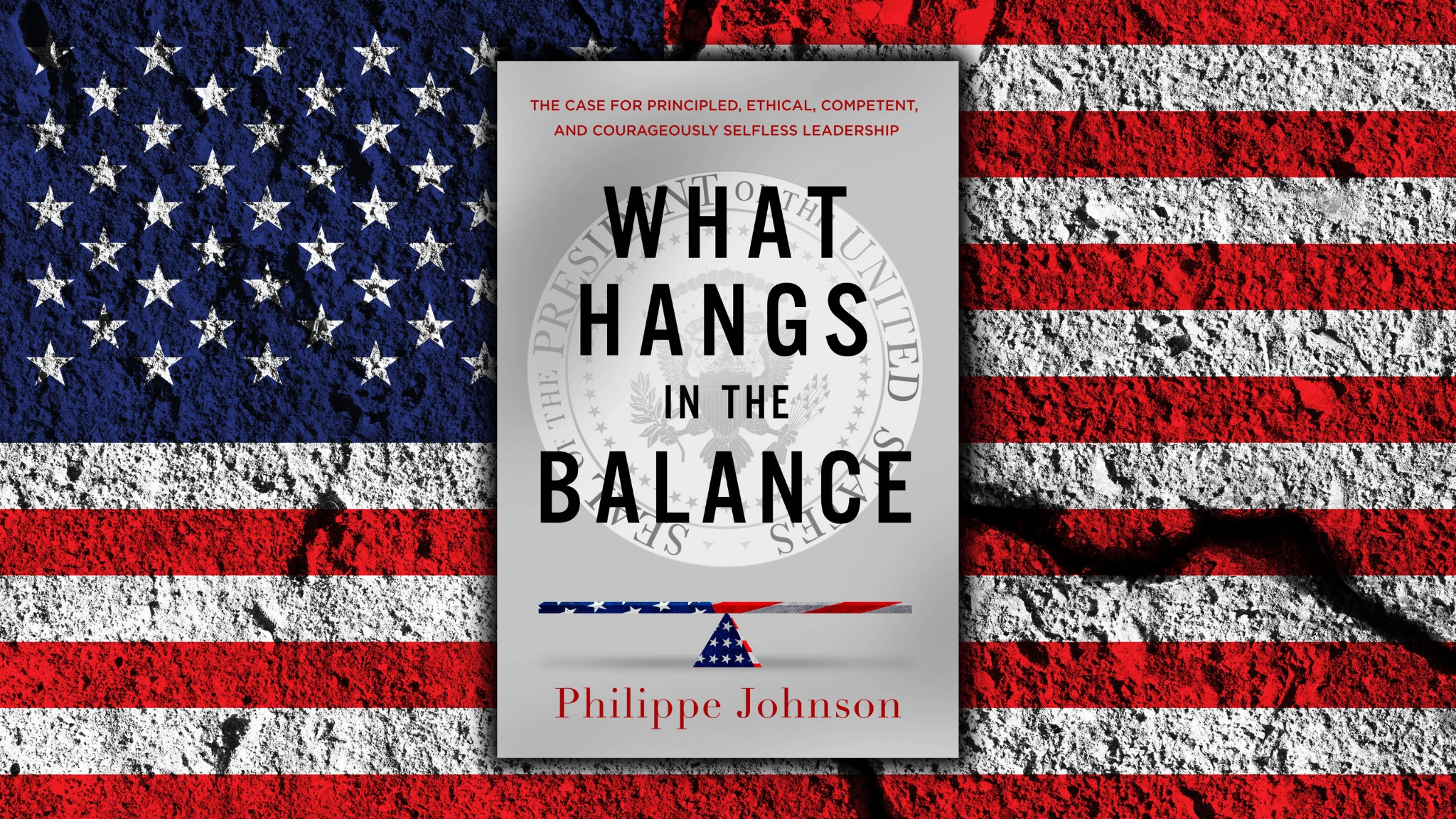

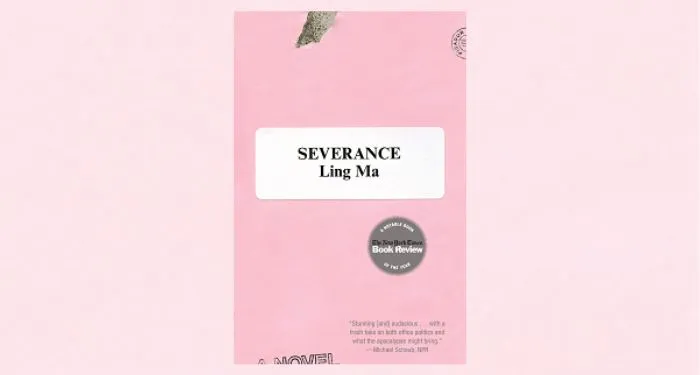
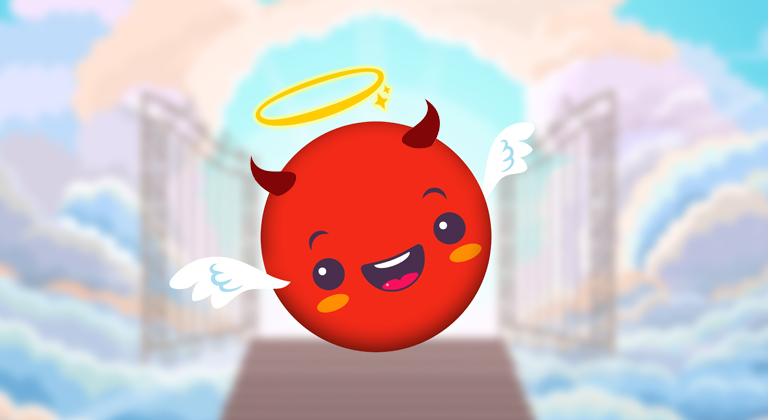
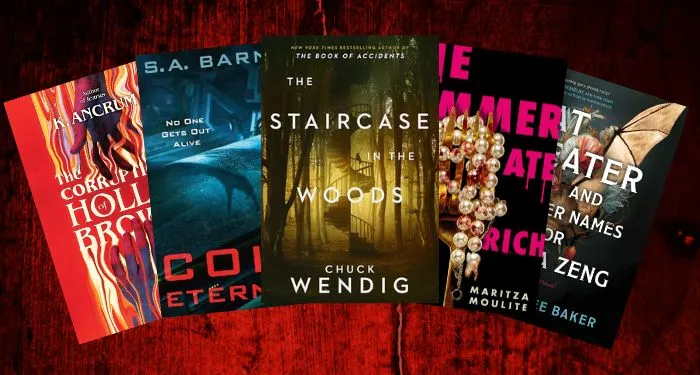


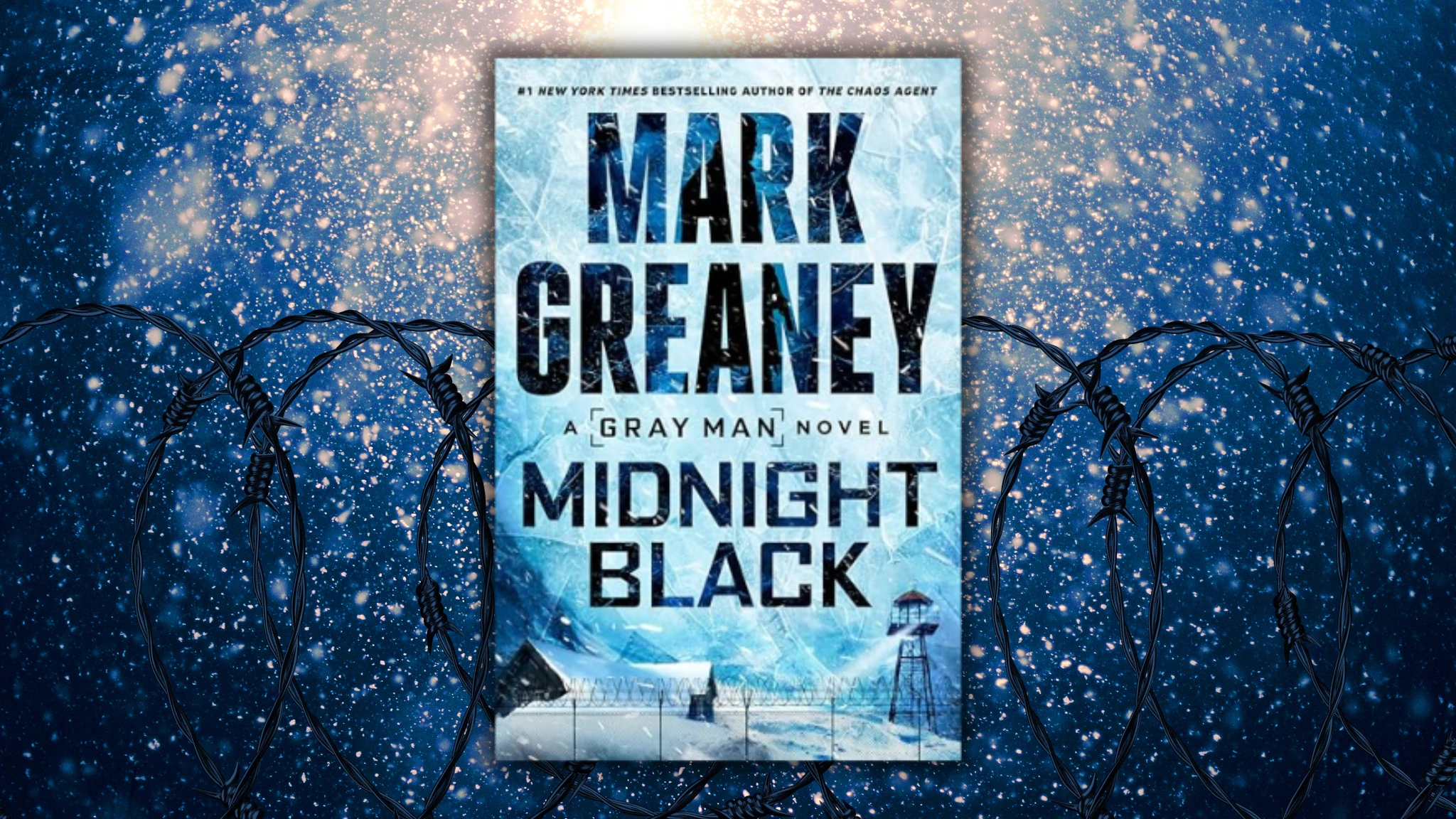


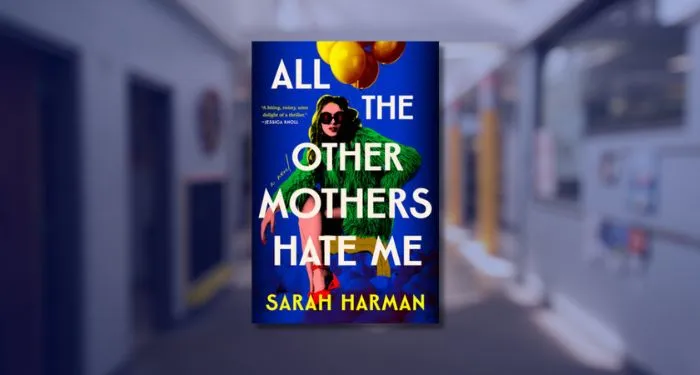
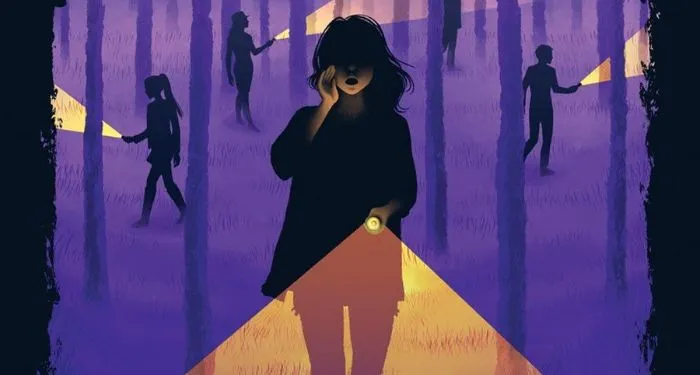

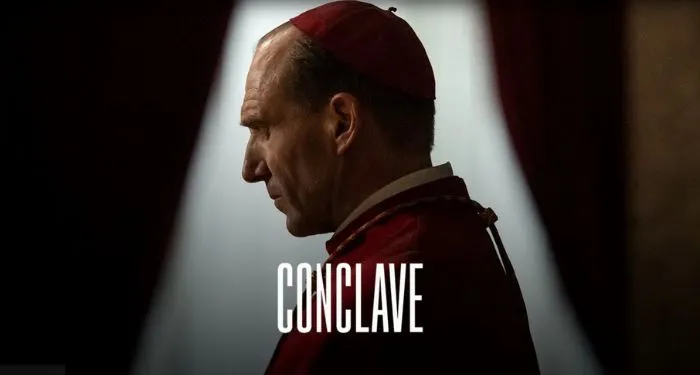

 English (US) ·
English (US) ·